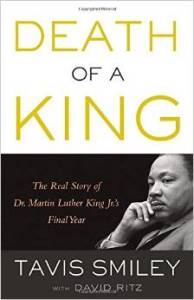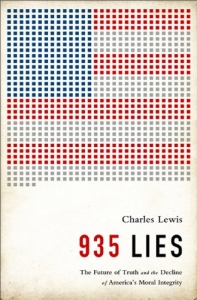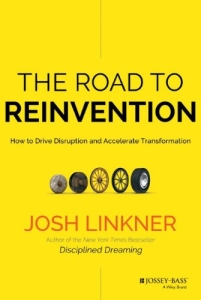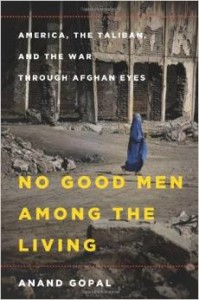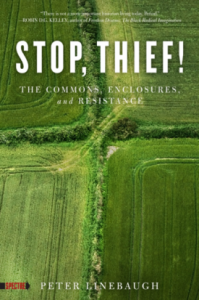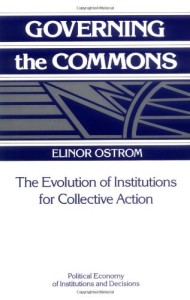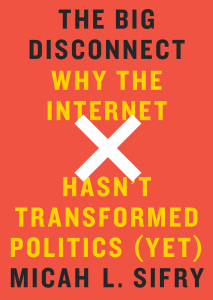
Micah Sifry
5.0 out of 5 stars Should Be Top Ten Book Across All Progressive Communities, October 5, 2014
This is one of the most useful important books I have read in the past couple of years, and I am stunned that the publisher has failed to properly present the book for purchase on Amazon. This book should be one of the top ten books across the progressive communities of the world.
I rate this book at SIX STARS, which puts it into the top ten percent of the 2000+ non-fiction books with some DVDs (139) I have reviewed at Amazon. This is an *amazing* book of passionate informed truth-telling and in my view, it should be the starting point for a totally new conversation among all progressive minds going into the future.
I read this book on the way back from The New Story Summit as hosted by the Findhorn Foundation in Scotland. While the book is deeply supportive of my own views on the desperate need of the distributed progressive community for tools and methods that bring together all minds and all information into a coherent whole, attending the summit and listening to the leaders of major progressive organizations including the Global Eco-Village Network and Transition positioned me to better appreciate this book by Micah Sifry.
QUOTE (34): “…has not made participation in decision-making or group coordination substantially easier.”
Continue reading “Review: The Big Disconnect – Why the Internet Hasn't Transformed Politics (Yet)”

